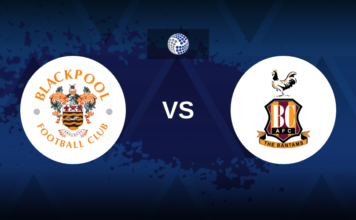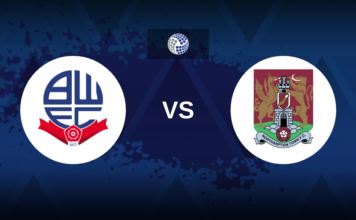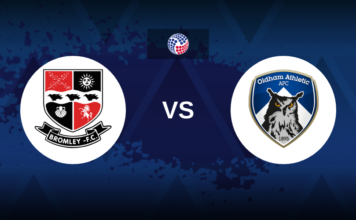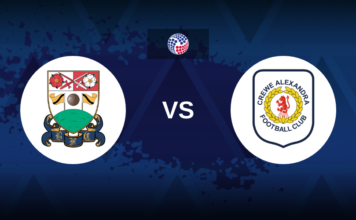From the early 2000s, the Premier League had an established “Big Four”: Manchester United, Liverpool, Chelsea, and Arsenal.
These clubs dominated English football, regularly securing the top four positions and qualifying for the UEFA Champions League. Between the 2005-06 and 2008-09 seasons, these four teams consistently occupied the top four spots.
During this era, English clubs also excelled in Europe. The 2006-07 and 2007-08 seasons saw three of the four reaching the Champions League semi-finals, culminating in an all-English final in 2008 between Chelsea and Manchester United. This period cemented the English top flight as one of the strongest leagues globally.
The success of these teams was largely due to their world-class squads and legendary managers. Sir Alex Ferguson’s Manchester United had the likes of Cristiano Ronaldo, Wayne Rooney, and Rio Ferdinand. Chelsea, under Jose Mourinho, boasted talents like Frank Lampard, Didier Drogba, and John Terry. Arsène Wenger’s Arsenal had Cesc Fàbregas and Robin van Persie, while Liverpool, led by Rafael Benítez, featured Steven Gerrard and Fernando Torres.
The Disruption: The Rise of New Contenders
The stability of the Big Four began to wane in the late 2000s. Two clubs—Manchester City and Tottenham Hotspur—emerged as serious contenders.
- Manchester City’s Financial Revolution: In 2008, Manchester City was taken over by the Abu Dhabi United Group, changing the Premier League landscape forever. Massive financial investments led to the signings of players like Vincent Kompany, Sergio Agüero, and David Silva. By the 2011-12 season, City won their first-ever Premier League title in dramatic fashion.
- Tottenham’s Rise: Spurs, under Harry Redknapp, began assembling a competitive squad featuring Luka Modrić and Gareth Bale. By 2009-10, they had broken into the top four, signaling a shift in the league’s hierarchy.
The traditional Big Four was under threat, and it was Liverpool who suffered first, dropping out of the Champions League spots in 2009-10. Arsenal and Chelsea also faced increasing competition in subsequent years.
The Turning Point: Ferguson’s Departure & Leicester’s Shock Win
Manchester United’s dominance suffered a major blow in 2013 when Sir Alex Ferguson retired. Under new management, United struggled to maintain consistency, finishing seventh in the 2013-14 season. This marked the beginning of their decline.
Meanwhile, in the 2015-16 season, the Premier League witnessed one of the biggest shocks in football history—Leicester City, newly promoted, won the league title. This unprecedented victory signaled a shift in power and proved that the era of a set top four was over.
The New Order: A More Competitive League
Since Leicester’s triumph, the Premier League has become increasingly unpredictable. Clubs like Manchester City, Liverpool, Arsenal, Tottenham, Chelsea, and even Newcastle and Aston Villa have all fought for top-four spots in recent years.
Key factors contributing to this shift include:
- Financial Investment – Clubs with wealthy owners, such as Manchester City and Newcastle, have used heavy spending to rise to the top.
- Managerial Influence – The arrivals of elite coaches like Pep Guardiola and Jürgen Klopp have redefined the playing styles and ambitions of their respective teams.
- Stronger Mid-Table Clubs – Teams like Aston Villa and Brighton have made smart footballing decisions, closing the gap with the traditional powerhouses.
- The Natural Cycle of Football – Dominance in football is cyclical. As United, Arsenal, and Liverpool struggled at times, others seized the opportunity.
The Future: Will a New Big Four Emerge?
In recent seasons, a new “Big Three” seems to be forming with Manchester City, Liverpool, and Arsenal consistently at the top. However, the fourth spot remains open, frequently shifting between Chelsea, Newcastle, Tottenham, and even Aston Villa.
With financial backing, smart recruitment, and strategic management, the future of the Premier League remains exciting and unpredictable. The days of an untouchable Big Four may be gone, but the competitiveness and drama in England’s top flight have never been higher.







